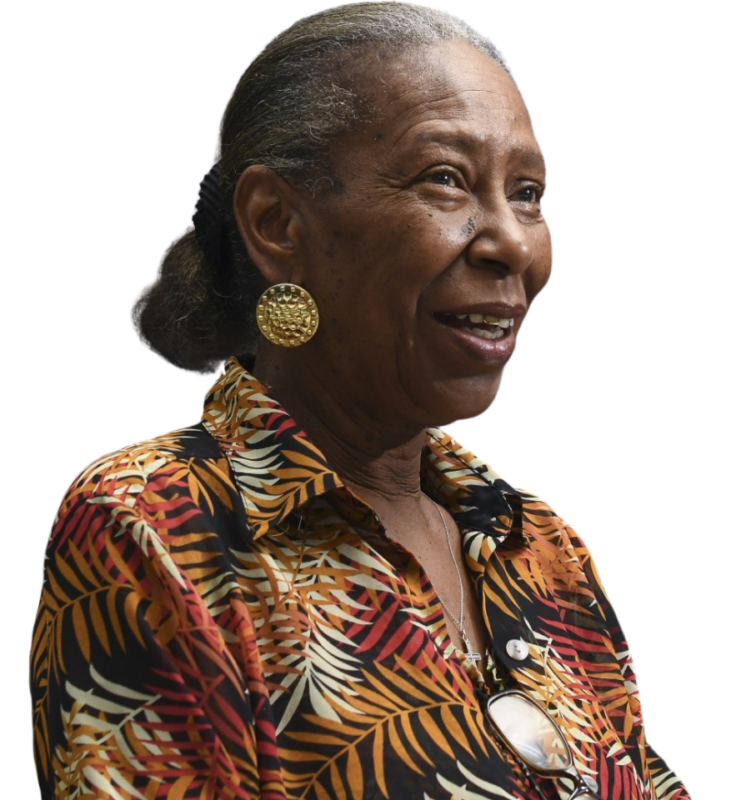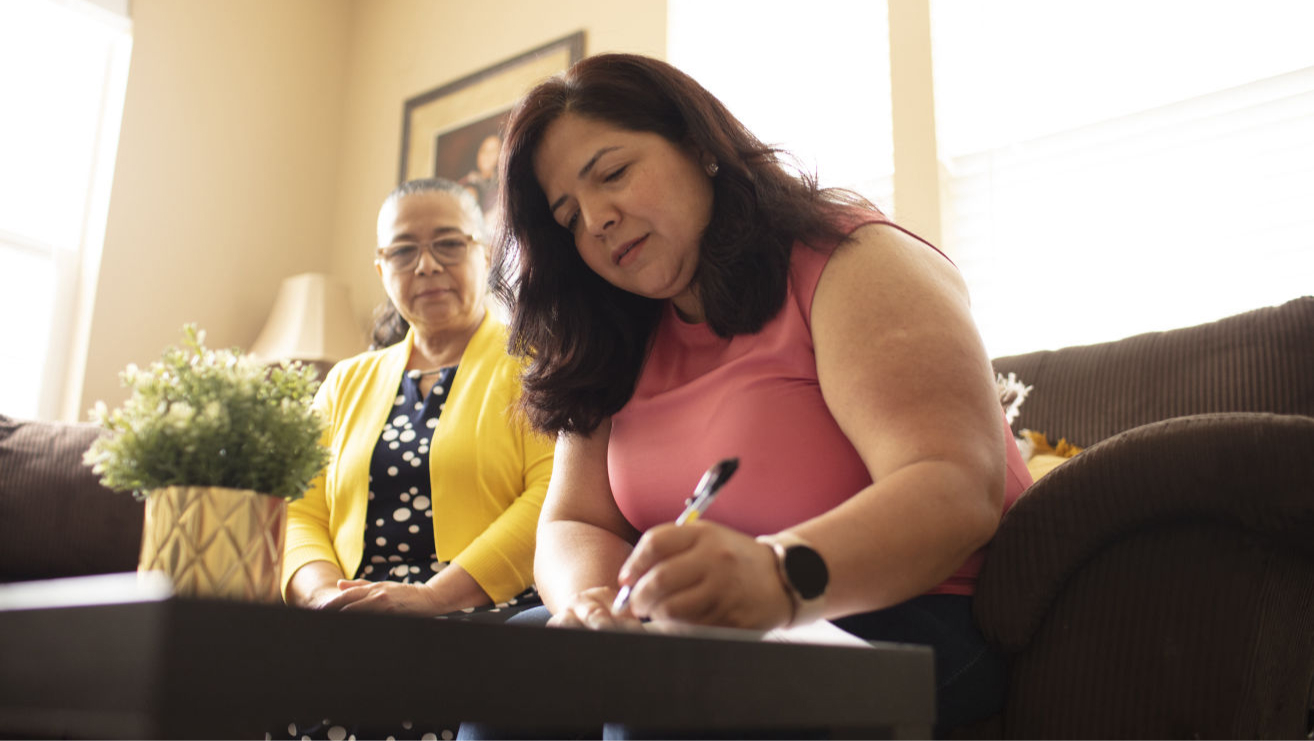Coverage Expansion

The U.S. health system is comprised of public, private, for-profit, and non-profit insurers and health care providers. Most people rely on their employers to provide health insurance, but many don’t have that option. While health coverage has expanded tremendously since the passage of the Affordable Care Act (ACA), some 26 million people remain uninsured. Those with insurance may face barriers to care like high costs, lack coverage for benefits they need, or can’t find a provider they trust.
This leaves a lot of people behind.
26 million people in the United States do not have health coverage
Some people fall into what is often referred to as the “Medicaid coverage gap.” This is based on state-by-state Medicaid expansion efforts — a direct result of the US Supreme Court’s 2012 ruling that states are not required to expand Medicaid, even though it was a crucial element of the Affordable Care Act. As a result, over two million people are uninsured because they live in states with elected officials who have refused to expand Medicaid.
Many immigrants face an additional set of barriers in accessing the health coverage for which they’re eligible. Many of these barriers date back to the Clinton administration and welfare reform, and were compounded by the Trump administration’s attacks on immigrants through anti-immigrant rhetoric, policy, and enforcement. What’s left is an unfair set of restrictions and barriers to health — including a five-year bar from accessing public benefits they are otherwise eligible for.
We believe that health care should be a right for all, and — to make that possible — we must reimagine our health system with race equity and health justice at its core. We work alongside advocates across the country to fight for smart policy reforms, and to propose new policies that expand health care coverage.
As important as they are, Medicare and Medicaid programs need vast improvement. For example, the benefits under both are inadequate. So many vital services, like dental, abortion, adequate postpartum care, hearing, and vision benefits, may not be covered at all. Others like maternity care, mental health, and substance use disorder treatment are woefully lacking. Many providers don’t accept Medicaid or Medicare, and those who do often don’t reflect the communities they serve.
The overall result is an inequitable and discriminatory landscape where systemically excluded communities, including Asian, Black, Indigenous, Latinx, Pacific Islander communities, people with disabilities, people with low incomes, immigrants, LGBTQ+ people, and older adults are less likely to have access to affordable, comprehensive health care.
Community Catalyst spearheads efforts designed to dramatically expand who can get covered and what benefits are covered, and ensure access to trusted providers no matter where you live.

What’s happening now
At the start of the pandemic, Congress enacted the Families First Coronavirus Response Act (FFCRA), which included a requirement that Medicaid programs keep people continuously enrolled through the end of the month in which the COVID-19 public health emergency (PHE) ends. Primarily due to the continuous enrollment requirement, Medicaid enrollment has grown substantially compared to before the pandemic and the uninsured rate has dropped. However, Congress recently passed the Consolidated Appropriations Act of 2022, which enables states to redetermine eligibility for Medicaid and CHIP enrollees in April 2023, regardless of the PHE status. As a result, as many as 18 million people may lose their medical coverage.
Related Issue
Medicaid Expansion
Medicaid Expansion